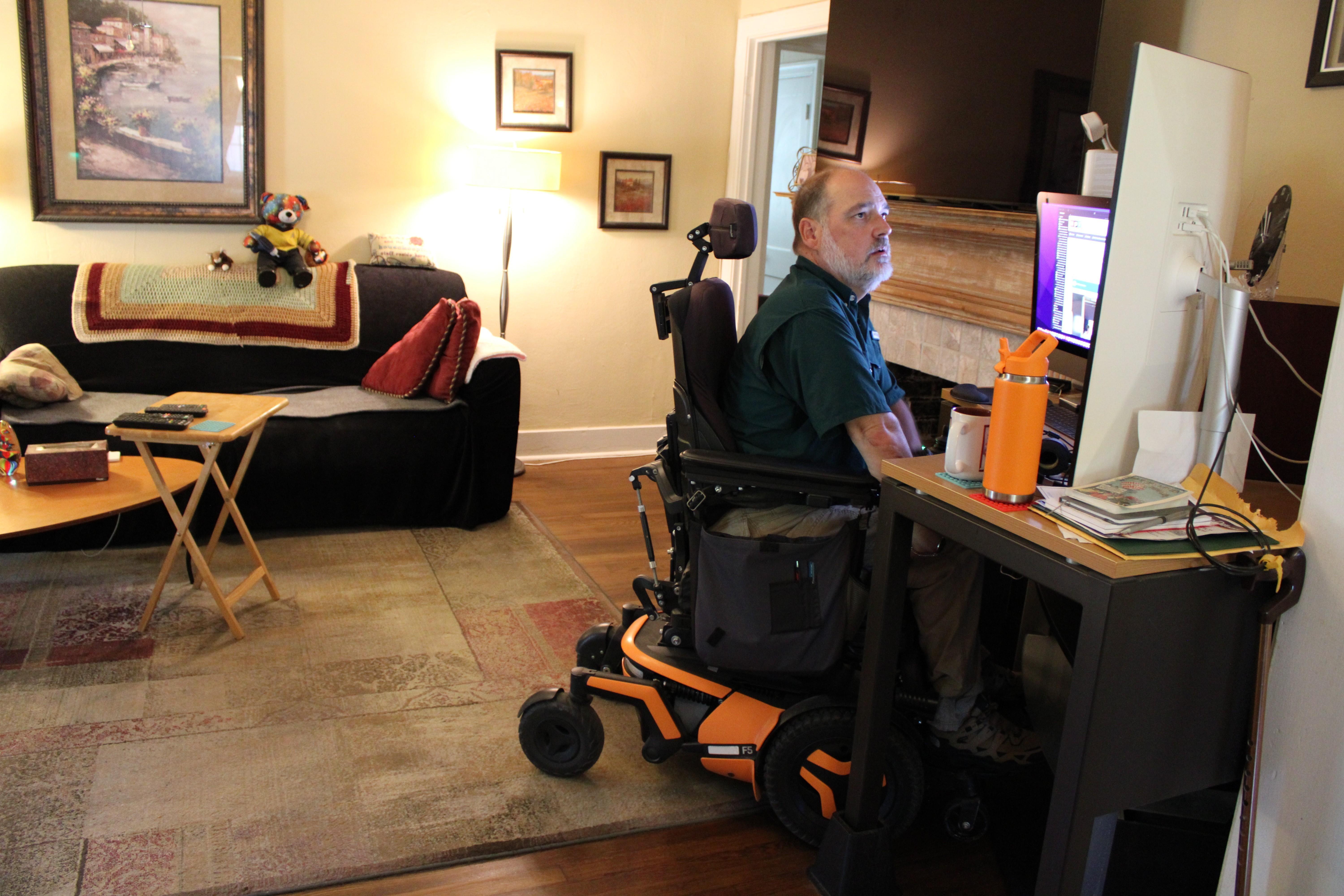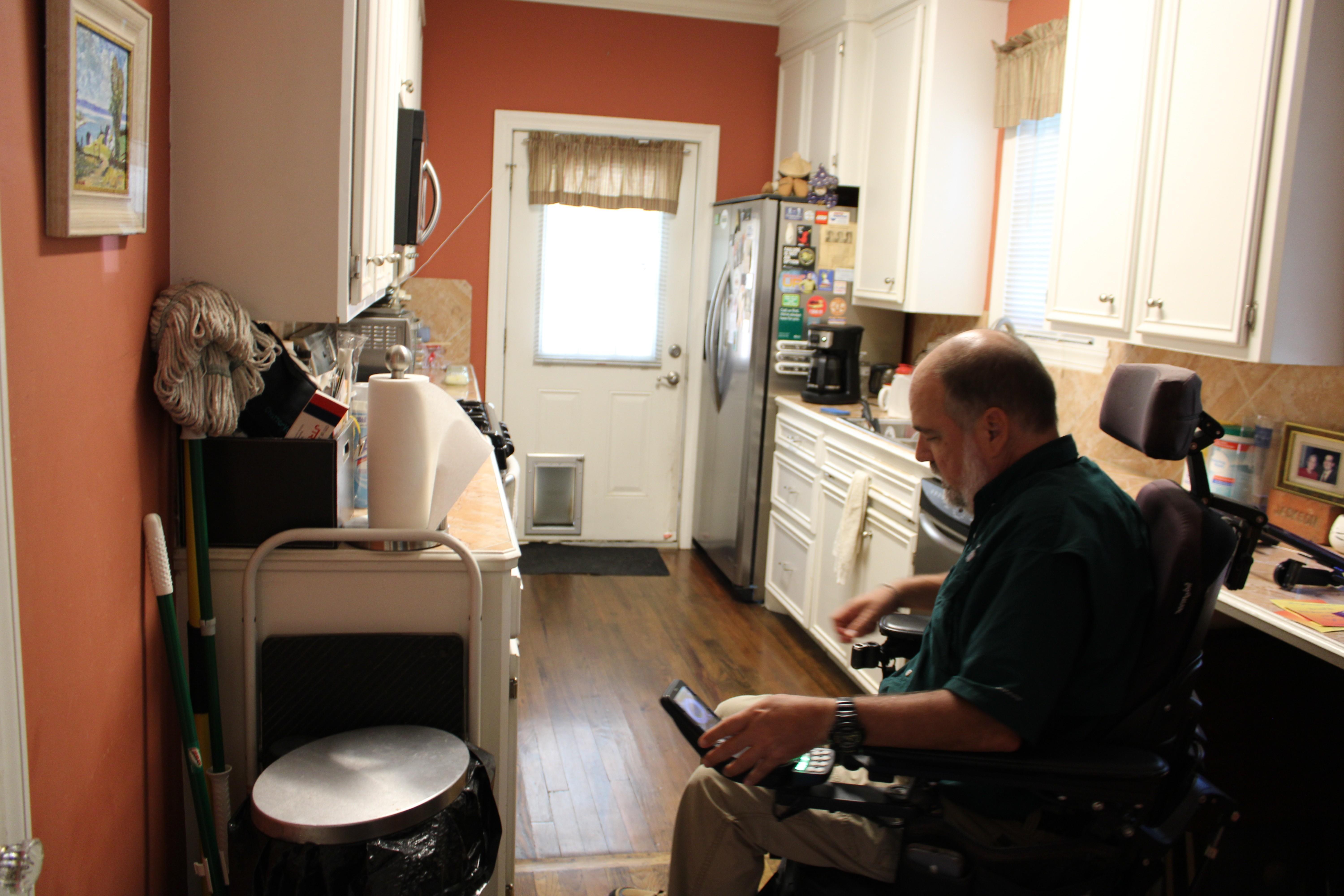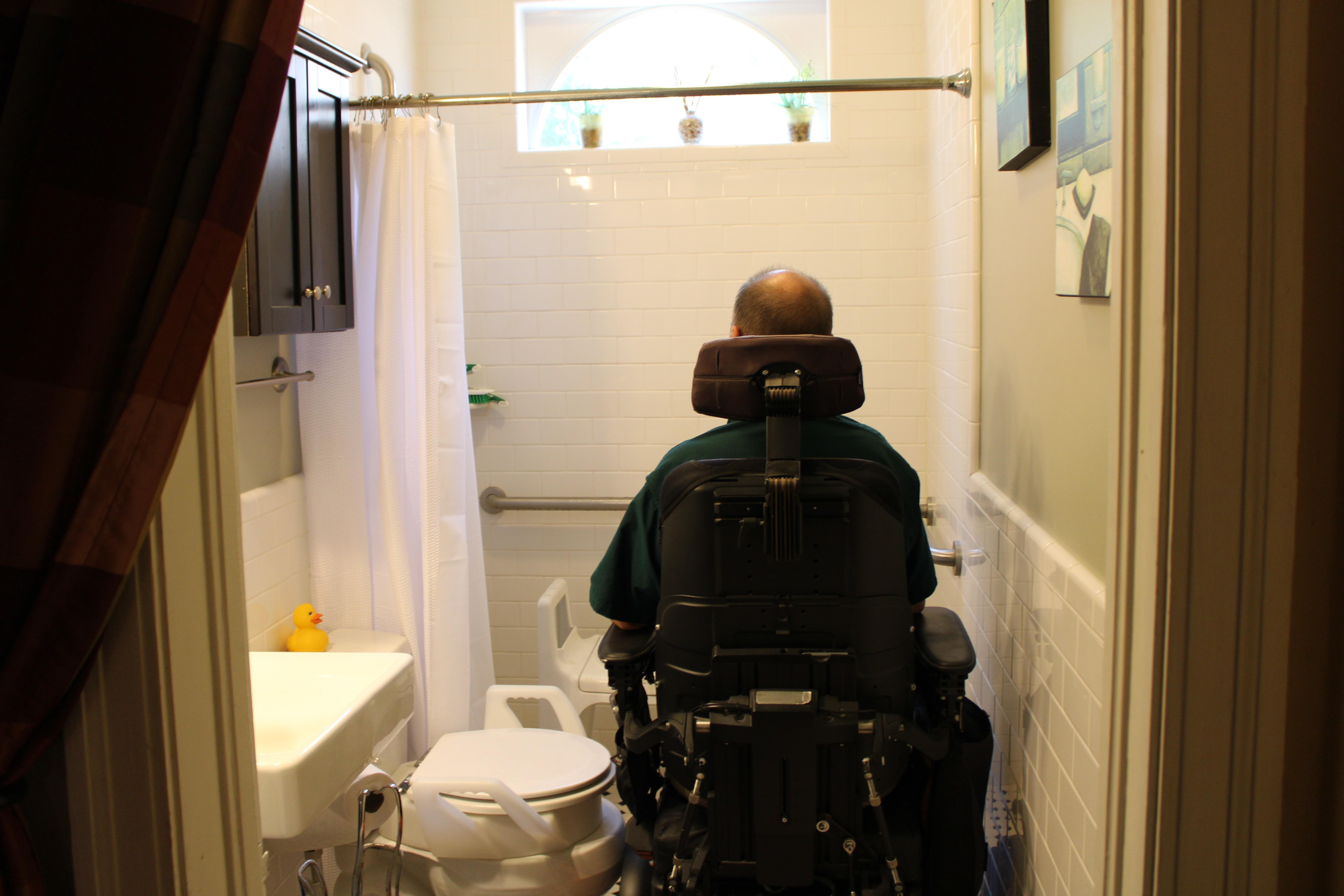The ADA is housed within the U.S. Department of Justice Civil Rights Division, but Crawford believes the enforcement of civil rights for people living with disabilities under the law may not be prioritized under the current Trump administration.
“ADA is a living document that's under threat by the new administration and petty interests that resent modest investments to include people with disabilities,” he said. “ADA can't defend itself. It falls on concerned citizens.”
Crawford believes ADA compliance in the public and private sector could worsen due to recent federal funding cuts. The law provides resources for people living with disabilities to have home assistance in order to help keep them out of institutions.
KFF, a health policy organization, predicts that the ‘big, beautiful bill’ will eliminate up to $1 trillion from the Medicaid budget over ten years. Crawford believes changes to Medicaid eligibility may end up impacting people living with disabilities.
“I have friends in the disability community who do depend on Medicaid for home and community based services, meaning people that go out to their homes, help them get out of bed, get dressed, shower, and do the very essentials of life so that they don't end up in an institution,” he said. “A nursing home where they will lose a substantial amount of their freedom and choices.”






